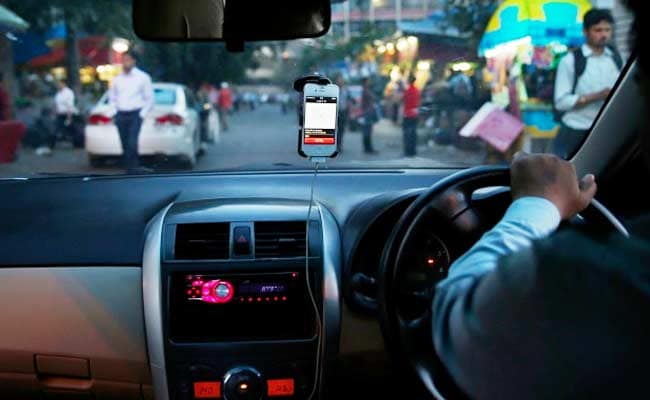
Autorickshaws and taxis plied normally and shops were open in the national capital on Monday, with their unions and associations extending only "in-principle support" to the Bharat Bandh called by farmers but deciding not to join the strike.
The auto, taxi unions and traders bodies said their livelihood has already been hit hard due to the COVID-19 pandemic and lockdown so they were not joining any strike.
The Bandh has been called by farmers against the Centre's three agri laws.
"Previously also we had supported Bharat Bandh by the farmers but continued to ply our autos and taxis. This time also we are in support of genuine farmers but not on strike because our members are in deep distress due to shrinking earnings in pandemic times," said Rajender Soni, general secretary of the Delhi Auto Taxi Union.
The Sarvoday Driver Association of Delhi, representing many drivers of cab aggregator platforms, also supported the farmers but did not join the strike.
"We are in support of the farmers but our work was affected due to the pandemic and we cannot afford to go in their support by striking," said Kamaljeet Gill, president of the Association.
Other auto and taxi unions expressed the same sentiment.
"We fully support the farmers. But in view of the financial crisis faced by us due to Covid, we are extending our moral and in-principle support to them and their demand while working normally," said Anuj Rathor, secretary of the Rashtriya Rajdhani Kshetra Auto Drivers Association.
Markets and shops in the city were open as farmers have not contacted our associations for any strike, said Brijesh Goyal, chairman of the Chamber of Trade and Industry(CTI).
"Also, the festival season is approaching and its time for traders to recover some of the losses they faced due to the pandemic and lockdown. Although we support the farmers and urge the government to meet their demand," he said.
The traders support farmers and their demands but they were not in a position to close down shops because they were already in trouble due to the adverse impact of the pandemic on their trade and businesses, he added.
The government and farmer unions have held 11 rounds of talks so far, the last being on January 22, to break the deadlock and end the farmers' protest.
Talks have not resumed following widespread violence during a tractor rally by protesting farmers on January 26.
The three laws -- The Farmers' Produce Trade and Commerce (Promotion and Facilitation) Act, 2020, The Farmers (Empowerment and Protection) Agreement of Price Assurance and Farm Services Act, 2020, and The Essential Commodities (Amendment) Act 2020 -- were passed by Parliament in September last year.
Farmer groups have alleged that these laws will end the 'mandi' and the MSP procurement systems and leave the farmers at the mercy of big corporates, even as the government has rejected these apprehensions as misplaced and asserted that these steps will help increase farmers' income.
(Except for the headline, this story has not been edited by NDTV staff and is published from a syndicated feed.)
Track Latest News Live on NDTV.com and get news updates from India and around the world

